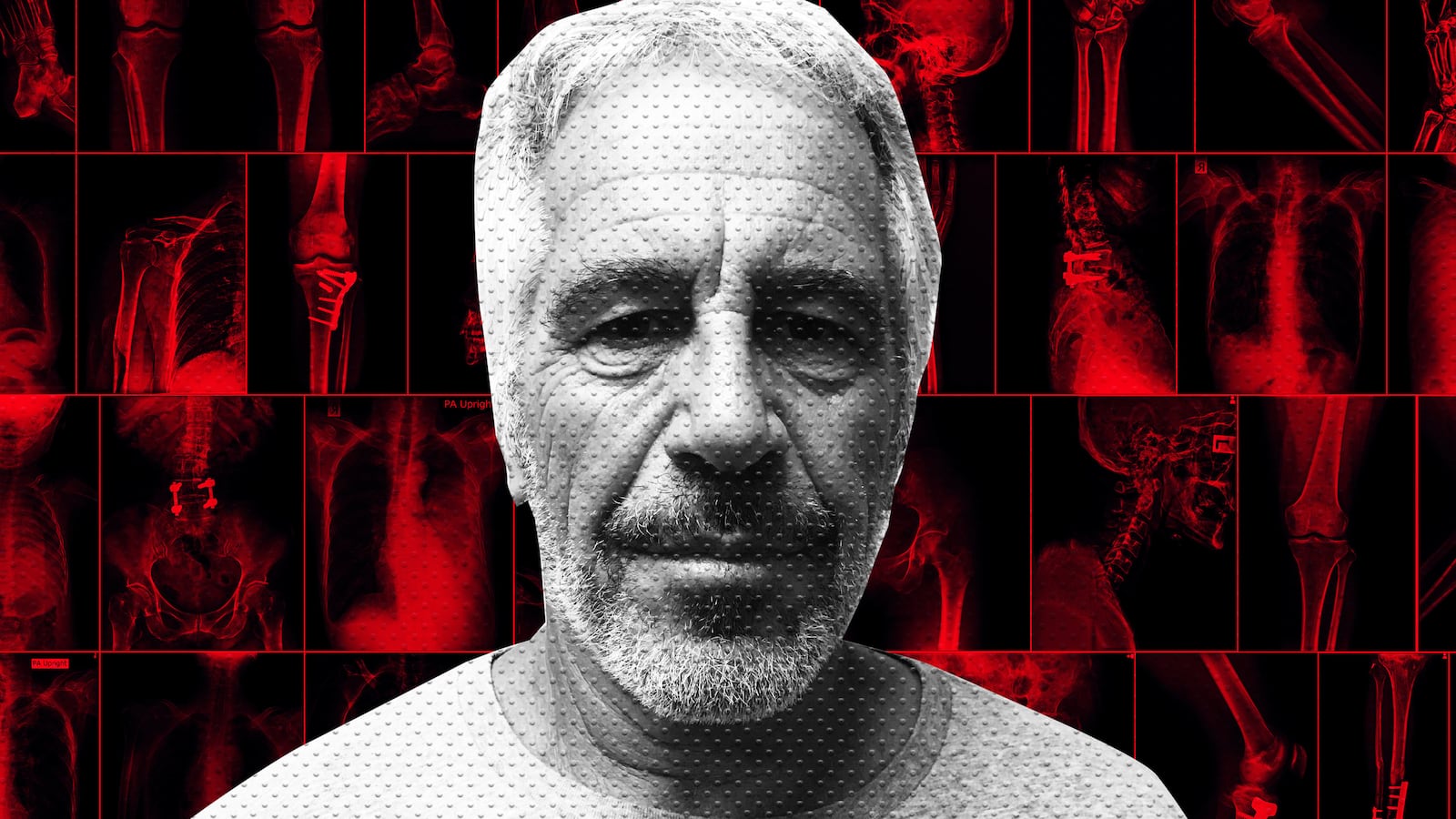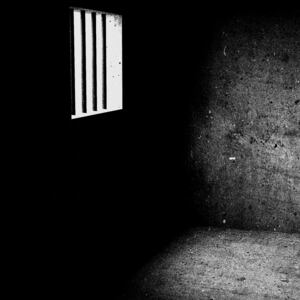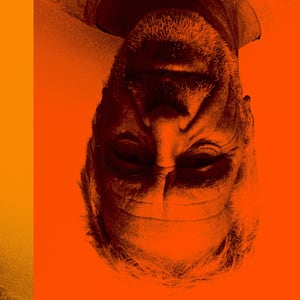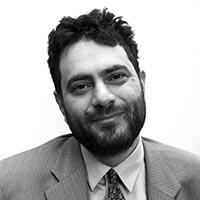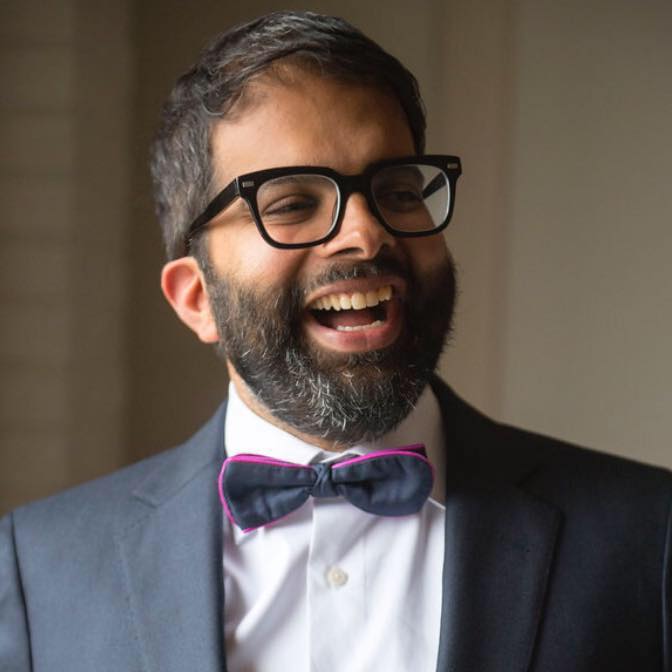The New York City medical examiner announced Sunday night that she has finished her autopsy of multimillionaire pedophile Jeffrey Epstein, who was found dead in his jail cell from an apparent suicide, but the cause of his death “is pending further information,” a determination that is not uncommon.
Chief Medical Examiner Barbara Sampson also noted that Epstein’s representatives have hired celebrity pathologist Michael Baden to conduct an independent autopsy and they were allowed to observe the autopsy. Baden, who served as the city’s chief medical examiner in the late 1970s, has made a career investigating high-profile deaths, including those of Michael Brown, who was killed by a police officer in Ferguson, Missouri, and former New England Patriots star Aaron Hernandez. Baden also testified at the murder trials of O.J. Simpson and Phil Spector.
It was not immediately clear if Epstein’s body had been released or who was going to be claiming it, or who “those representing the decedent” were.
If it is formally determined that Epstein died at his own hand, his estate, whose members are unknown, could press a claim for wrongful death while he was in the custody of the state.
“People close to Epstein” had said Saturday that “he seemed recently to be in good spirits” and they “expressed concern about the possibility of foul play,” according to the account of “one person familiar with their discussions” cited by The Washington Post on Saturday.
Epstein, who was arrested in July and charged with sex trafficking for orchestrating a “vast network of underage victims” for his own sexual exploitation, had been awaiting trial inside the federal Metropolitan Correctional Center in New York.
He reportedly hanged himself in his cell in the facility’s Special Housing Unit early Saturday morning and was rushed to New York Presbyterian-Lower Manhattan Hospital, where he was pronounced dead.
The news of his death—weeks after he’d been placed on suicide watch in the prison after a previous apparent attempt to take his own life that came days after he’d been denied bail by a federal judge who found he was an “uncontrollable” “danger” and likely to flee if freed—immediately spawned a wave of questions about how the high-profile prisoner had managed to take his own life while in federal custody, once again evading the American justice system.
It also triggered myriad conspiracy theories about what had really happened to the sick moneyman whose friends once included both Bill Clinton and Donald Trump.
Epstein’s death, after he had been released from the suicide watch, came just one day after a judge had unsealed over 2,000 pages of documents full of lurid details and bold-faced names from a lawsuit Virginia Giuffre had filed against Ghislaine Maxwell, Epstein’s sometimes girlfriend, who Giuffre alleged had procured young girls for him and his powerful friends to abuse.
“Today’s events are disturbing, and we are deeply aware of their potential to present yet another hurdle to giving Epstein’s many victims their day in Court,” said Southern District U.S. Attorney Geoffrey Berman in a statement on Saturday. He added that “our investigation of the conduct charged in the indictment—which included a conspiracy count—remains ongoing.”
Had Epstein remained on suicide watch at MCC, he would have been under constant observation and housed in a “suicide prevention room.” Such a room would not “have fixtures or architectural features that would easily allow self-injury,” according to prison regulations. Instead, he had lived like a “pig in a sty,” a source with knowledge of his conditions told The Daily Beast, eating off of the floor and endlessly requesting more toilet paper.
The New York Times reported Sunday that the officers working in the SHU overnight had broken protocol by failing to check on Epstein every 30 minutes, and that Epstein had been placed in a solo cell, contrary to what the Bureau of Prisons had told the Department of Justice would happen after his first suicide attempt. Attorney General William Barr has said he is “appalled” by Epstein’s death, and that the FBI and the Justice Department inspector general are both investigating it. The Times report noted that one of the two officers working the graveyard shift was on his fifth consecutive day of overtime and the other had been ordered to work as a result of chronic understaffing at MCC and throughout the federal prison system.
Epstein had been placed with the general population when he first arrived at MCC, only to be transferred to the segregated SHU after being targeted by other prisoners there. Throughout his time at MCC, he consulted frequently with his lawyers, which also served as a way to get time out of his cell.
Before his first apparent suicide attempt, he had been bunking in the SHU with former Briarcliff, New York, police officer Nicholas Tartaglione, who is awaiting trial for allegedly kidnapping and murdering four people. Tartaglione—who was in the SHU after a phone was found in his previous cell, while Epstein was there for his own protection—has said through his attorney that he helped save Epstein that time, and complained that prison officials were connecting his name to the suicide attempt as punishment for his complaints about the “inhumane conditions at the facility.”
